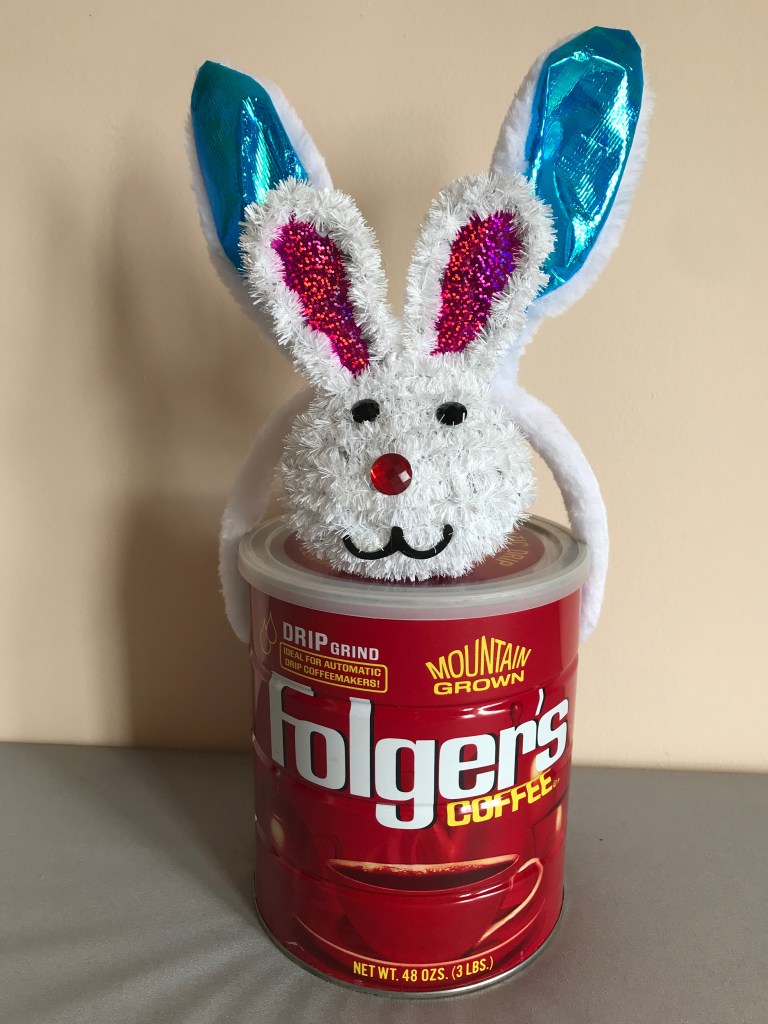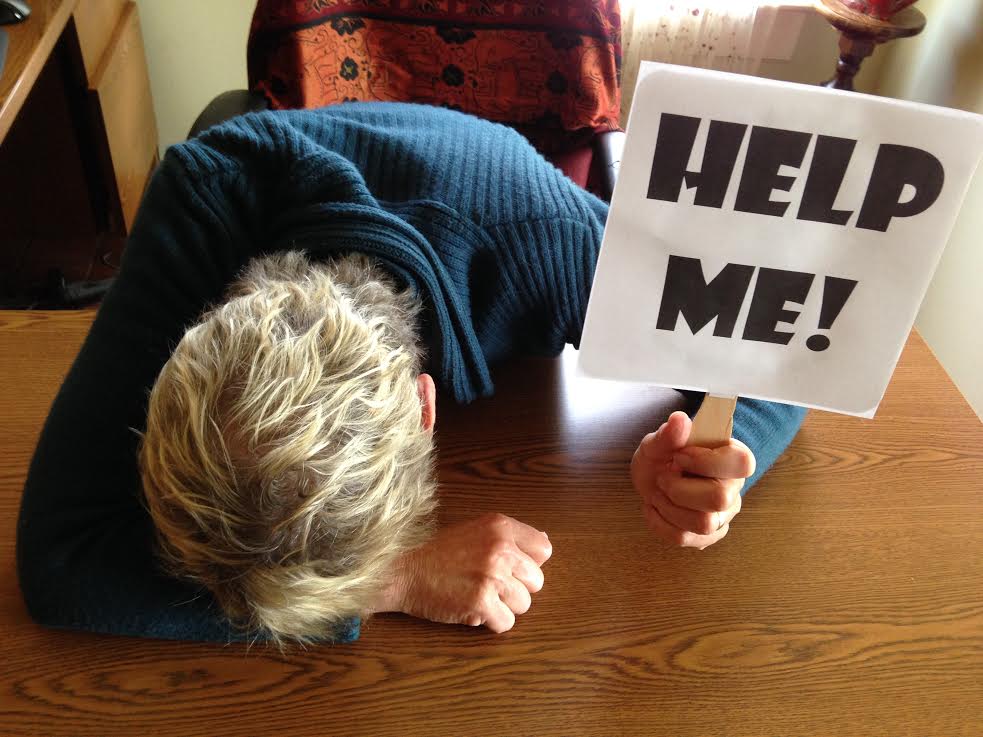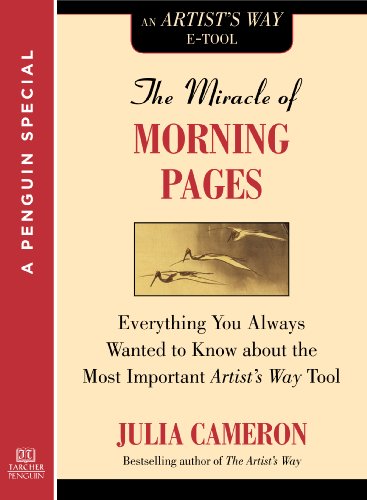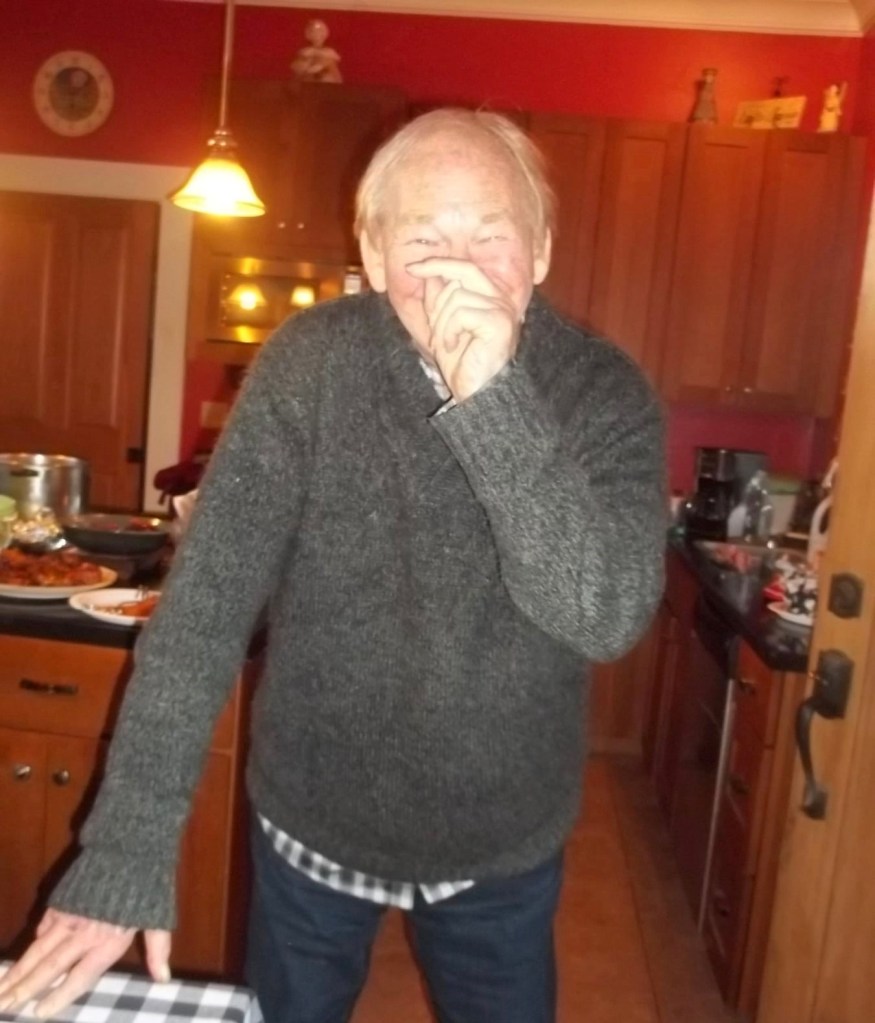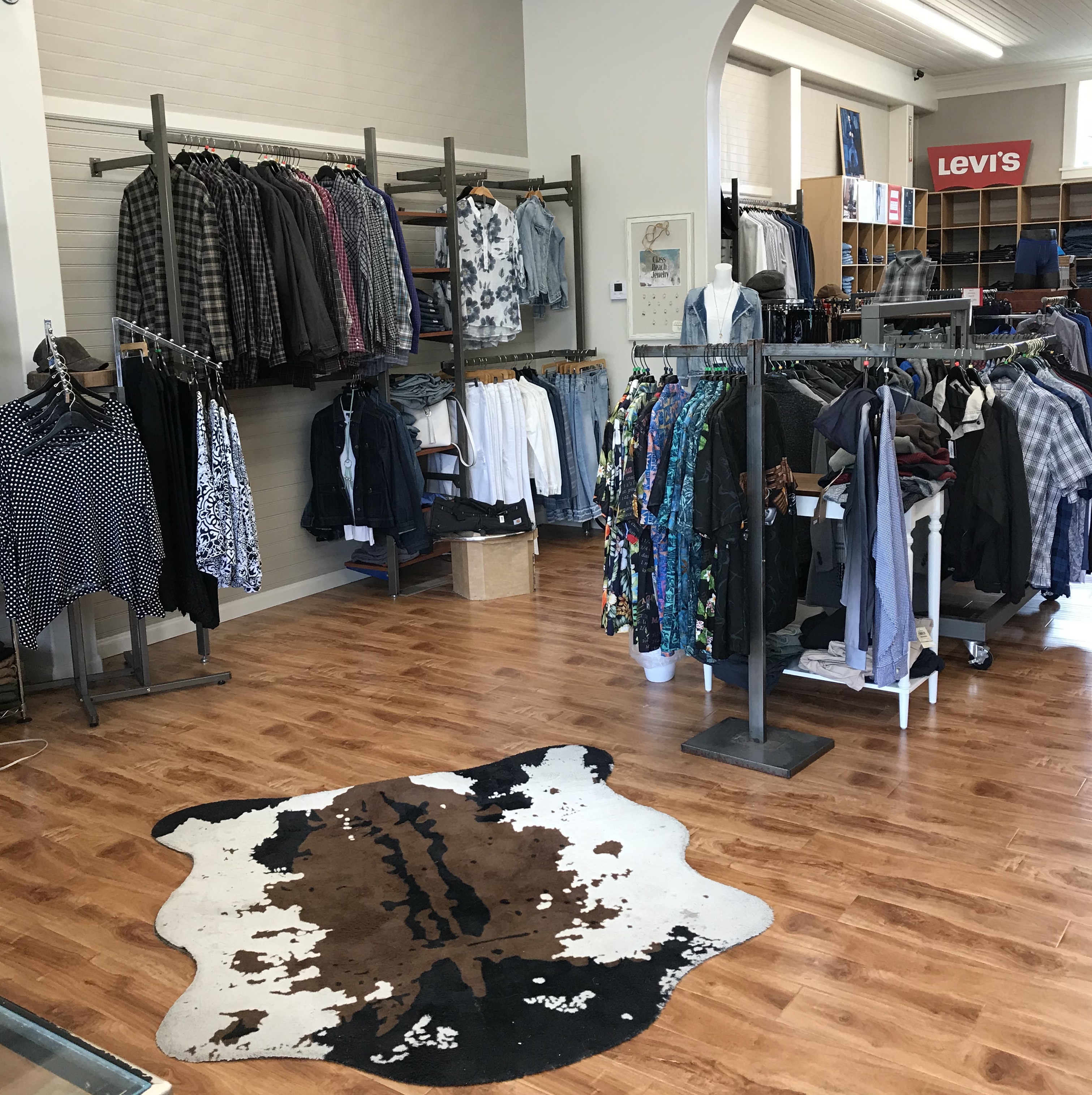I knew my driver’s license was due to be renewed by my birthday in March of this year. What I didn’t know was that, at the age of 70, I forever lost the luxury to simply pay a fee to continue driving another five years.
In January, after receiving my renewal notice with this disturbing news, I went to the tiny Fort Bragg DMV office on Franklin Street, grabbed a free driver’s manual, took it home, tossed it on the kitchen table, and ignored it.
I went to the DMV website and found assurance that I shouldn’t worry about taking the written test. They don’t want me to fail. They sincerely want me to pass. To prove their point, they offer four practice tests with ten questions each. I easily passed them all. I searched the internet for websites that offer free practice tests, which I found in abundance. These were more challenging, but I passed three of them a day for a week.
On Tuesday, February 6th, I had a free afternoon and felt cocky enough to go to the DMV and get the ordeal behind me.
When I was last there six years ago to exchange my ordinary license for a Real ID, they had a system where you pulled a number from a dispenser thingy, took a seat, and waited for your number to be called. This time, the dispenser was nowhere to be found and I was greeted by a white poster board with handwritten instructions to wait in front of it.
A woman stood about four feet to the left of the sign. When I asked if she was in line, she shook her head and said her teenage son was at the counter being processed for his written permit test. I smiled and nodded, which seemed to give her permission to go on a rampage about how their primary home is in Sacramento, but they’d been staying at their house in Gualala where the recent storm had knocked out power for three days and there was no scheduled time for when it would be restored. She hadn’t had a shower since the outage. She thought she’d go insane if she couldn’t get one soon.
I felt she’d already gone insane, but could empathize. I hate power outages and, as I grow older, am prone to babbling complaints to complete strangers as long as they don’t break eye contact.
I noticed a mid-forties gentleman standing a few feet behind the permit test lad and crept around the ranting woman to ask if he was in line. He nodded. I wanted to point to the scrawled sign and inform him he wasn’t following the rules, but quickly reminded myself I don’t work for the DMV and line rule violations aren’t my problem. I took up position behind him.
“This is so confusing,” I said.
“I know.” He launched into what a pain in the ass it is to try to register a vehicle online and he wasn’t about to put his credit card information on a third-party website because he’d already had two credit cards hacked, so he came in person to get it done.
“That’s some rough stuff.” I pretended to sympathize, but wanted to scoff at his dilemma. It was nothing compared to my having to endure a test I hadn’t taken since before he was born. I wanted to tell him to enjoy life—he’d be 70 before he knew it and then he’d really have something to bitch about.
The counter person sent the permit boy to take his test on one of the computers that grace the west and north walls of the office. He then asked everyone in the room to get in line in front of him and he’d assign them a number. He wrote each number on a small Post-It Note.
A couple of other people had arrived and stood behind me. One was a fella I recognized as a frequent offender from my habitual online viewing of the Mendocino County Sheriff Booking Logs. I’ll call him Tony.
After he got his number, Tony and what appeared to be a female acquaintance took seats in front of me. Apparently she hadn’t seen him in a while and asked what he doing at the DMV. I wondered, too, hardly believing his criminal history would allow him the privilege of obtaining a driver’s license.
“The last time I got arrested, the judge ordered me to get an official ID. I told him all the cops know me, so what’s the point?” He chuckled. “He threatened to hold me contempt. So here I am.”
She commented on how good he looked.
I silently agreed. His last name indicates he’s of Italian descent. Even though he’s in his early fifties and has been a repeat offender for such crimes as drunk in public, drug possession, and burglary for the past fifteen years that I’ve had access to the booking logs, his Mediterranean genetics have served him well.
He thanked the woman for the compliment. “A couple years ago, I started getting a lot of grey in my hair and beard, and began using hair dye. Last month, I was in jail for two weeks and came out looking like a snowman.” Both he and the woman laughed.
I also wanted to laugh, but my number was called and I was forced to leave this entertaining conversation.
The kind man behind the counter finished the application I’d been unable to decode online. He conducted a vision test and took me to the designated area to snap my photo. He asked if I’d like to take the test on the computer or on paper. I opted for the computer because I felt it would get me out of there faster. He said, “You’ll pass. I know you will.” I wanted to hug him.
With his endorsement, I went to a corner computer and entered my identifying information. As I answered one question after another, I wasn’t aware that the program would immediately tell me when I missed one. I thought the tally would wait until the end. After my first two missed questions, my inner perfectionist pounded me over the head. “Get it together damnit! You’re only allowed to miss three more!”
I missed a total of six, mostly because I hadn’t taken my time to contemplate my answers. Mortified, I hightailed it out of that office.
The DMV allows people to take the test three times. Instead of focusing on the positive of having two more tries, I went to the dark side of neurosis. What if I failed the next two? Would my driving privileges be permanently revoked?
I was too afraid to ask or look it up online. I didn’t want to know what I suspected was the worst. After three failed attempts, I’d never be given another chance to renew my license, never again be able to drive. I’d become a recluse, trapped inside my house, relying on the kindness of others to visit and supply me with food.
I’d become someone like the serial offending Tony with a lowly California ID card that didn’t entitle me to much outside of identifying me to the cops if I got arrested. My life—the new life I struggled so hard to rebuild since my husband died three years ago—would be over.
Over.
The next day—Wednesday—I picked up the dusty DMV manual and made a several-page study guide. I reviewed it over and over and over again. I crammed information into me like a duck being force-fed to fatten its liver to make foie gras.
My logical brain knew I was prepared to pass the test, but still—still—there were those pesky details on my study guide that I continued to miss like, “When can a child ride in the front seat of the car?” It’s ten-years-old, but there’s also the rule that they can be relieved from their child car seat when they either turn eight or are the height of a miniature donkey. “How many inches should there be between anyone in your vehicle and the air bags?” Ten inches, that’s how many. Why should we, as drivers, be expected to know this? Shouldn’t that be the responsibility of car manufacturers?
What if my test was filled with such obscure questions?
I’d set an arbitrary goal to take my second test on Thursday, February 15th. This time, I would ask for a paper test—the kind I assume most “old” people choose. It would give me time to calm the hell down as I slowly went through it page by page. By then, I would have chalked up at least 20 hours of studying time. But as my knowledge grew, so did my fear of failure. I was way overthinking and needed stop this nonsense.
On Tuesday, February 13, I went to the DMV at nine o’clock. This time, the cast of characters was quite mundane, but the crowd made me suspect I was in for a long wait. At that point, I didn’t care. I’d ingested a trusty Lorazepam and brought plenty of snacks to soothe me.
An hour later, my number was called. I sat across from a late-forties woman who possessed all the warmth of Darth Vader. She didn’t acknowledge me, but she hadn’t acknowledged anyone before me either.
I handed her my paperwork and explained I was there to take a second test. This time I wanted to take it on paper. Without making eye contact or a sound, she tapped on her keyboard. I couldn’t tell if she was even breathing. Her printer whirled and ejected five pages. She tapped a bit more and additional pages spit out. She stapled the first set on the upper left-hand corner and handed them to me along with a #2 pencil.
“Thank you.” I smiled.
She said nothing.
I took my test to the far corner of the room. I was fairly confident of my answers, but there were ringers like, “When must you turn your headlights on when there’s limited visibility due to weather conditions?” The answer choices were in feet. I knew that we must turn our headlights on a half hour before sunrise and a half hour after sunset. But how many feet? I had no idea. I went through every question twice before deciding I was brave enough to face the results.
The room had cleared and I didn’t have to wait before handing my test to Ms. Darth.
She placed the second test she’d printed on her desk next to mine. One by one, she lifted the pages of each to compare mine to the correct answers. In an effort to fight off fainting to the floor, I pulled a small handful of cashews out of my snack baggie, stuffed them into my mouth, and began furiously chewing.
She finished comparing all five pages without comment. Maybe I’d gotten a perfect score! I was too afraid to ask. Without hesitation, she could vaporize me with one death ray. She pecked a few keys on her keyboard and a page spit from her printer. She took it, tore off the bottom half, and handed it to me.
It was a temporary license.
“I passed!?!”
“Yes,” she groaned.
“How many questions did I miss?”
“Four.” She grimaced as speaking to me caused her increasing pain.
I have no idea how she calculated my missed answers. She hadn’t made any marks on my test paper. Maybe she’d kept tally with her toes.
I clapped and shouted, “Yoohoo! Thank you! Thank you so much!”
She said nothing, but her expression indicated, “I command you to leave.”
As a bonafied California licensed driver for the next five years, I stood up and happily complied.




